In 2009, I parkoured through Italian Renaissance rooftops with my Cheetoh-orange-stained hands. Since then, I’ve been eagerly watching Ubisoft in the rearview mirror, hoping they could recreate that magic for 14 years. They’ve churned out ten main games and seventeen spin-offs at the moment of writing.
During this time, the Assassin’s Creed series has taken us through various historical eras, from the Crusades to the Renaissance and even the Viking invasion of Britain. It has evolved from a straightforward assassination game into a sprawling open-world RPG with science-fiction elements.
But with the release of each new installment, a deep divide has emerged within the fanbase. On one side, you have the die-hard fans who long for the days of Ezio Auditore and the original Assassin’s Creed storyline. Conversely, you have a newer generation of players who may not even recognize Ezio’s name and are more interested in exploring exciting new locations and timelines.
The Birth of an Assassin & Ezio’s Renaissance
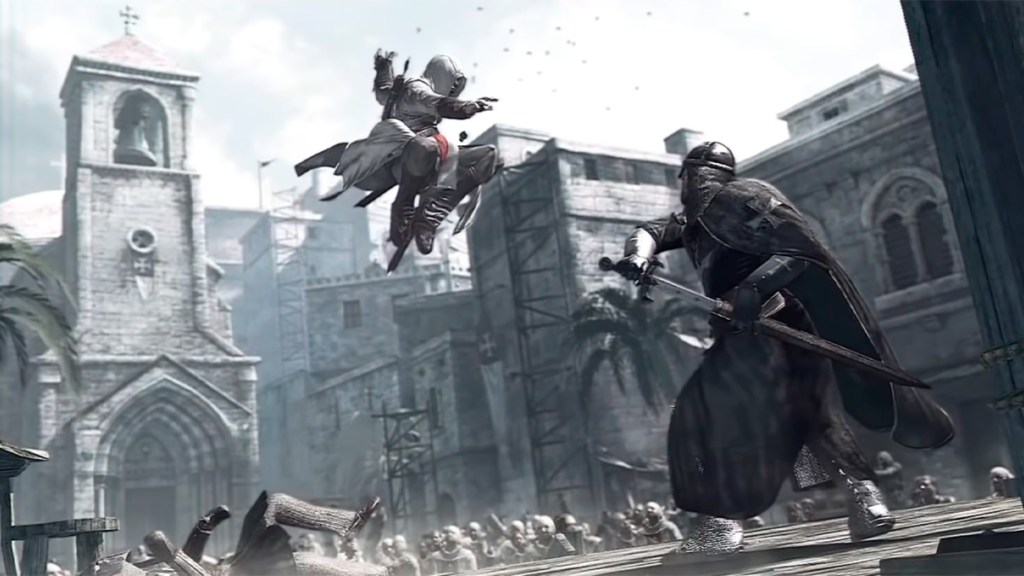
The Assassin’s Creed saga began as a spin-off series to Prince of Persia in 2003. However, it quickly outgrew its origins and became a renowned franchise.
The first Assassin’s Creed game, released in 2007, introduced players to stealthy assassinations, brutal combat, and parkour-inspired movement. It was a novel concept set in the Holy Land during the Third Crusade, and it received generally positive reviews, selling over 8 million copies.
The actual turning point for the series came with the release of Assassin’s Creed II in 2009. Set in the Italian Renaissance, it expanded upon the open-world concept, improved combat, and delivered an engaging storyline. Critics and players alike praised it, and back in 2009, the parkour mechanics of Assassin’s Creed dominated the gaming landscape. Everyone wanted to don the hood and take a leap of faith from the highest building in Reinassance Italy.
Ubisoft capitalized on this success as predicted until Ezio’s story ran dry. In yearly sports game fashion, they released a sequel, Assassin’s Creed Brotherhood. Then, they closed the trilogy with Assassin’s Creed Revelations. While the Brotherhood’s concept of recruiting and training assassins is often praised, Revelations barely made a lasting impression on players. It did, however, introduce the iconic Hook Blade.
Navigating Ubisoft’s Disaster Era
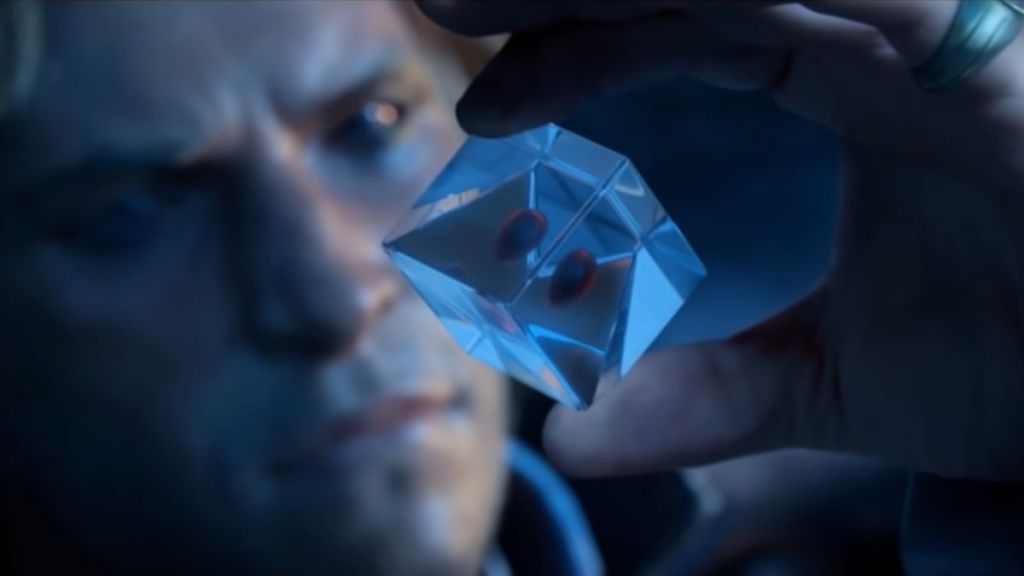
With Ezio’s Trilogy coming to a sudden close, Ubisoft had the heavy pressure on their shoulders of introducing a new main character. In 2012, Assassin’s Creed III took the action to the American Revolution, with Connor Kenway stepping into Ezio’s vacant shoes. The game introduced a sprawling open world and overhauled gameplay mechanics. However, it didn’t escape heavy scrutiny at the time for its lackluster protagonist, Connor, who faced his fair share of harsh criticism. But, to be fair, he had the unenviable task of filling some mighty big shoes.
In 2013, Ubisoft decided to steer away from the usual setting and embark into the unknown: Assassin’s Creed IV: Black Flag in 2013 took players to the Caribbean during the Golden Age of Piracy, with a strong focus on naval combat. It was praised for its open-world gameplay and became one of the best-selling games in 2013, with 15 million copies sold. Black Flag’s pirate setting and morality-driven storytelling revolutionized the Assassin’s Creed franchise. However, little did we know that the ship would get very rocky from here on out.
Then came two failures of releases. Assassin’s Creed hit a rough patch with the release of Assassin’s Creed Unity in 2014. Set during the French Revolution, it introduced cooperative multiplayer but was marred by technical issues. Critics were unimpressed, and although it was later improved with patches, the damage was done. Then, in a domino effect, Assassin’s Creed Syndicate was released in 2015 and set in Victorian London with twin protagonists, continuing the trend of mixed reviews. The franchise showed signs of fatigue as each new game felt too similar, lacking innovation and uniqueness.
The Witcher 3 Effect

In 2019, while AC was seemingly spiraling downward, the chants of another game franchise began to echo through the hallways: The Witcher 3. This massive game triggered a frenzy in the industry. The gaming landscape shifted with the release of a game that redefined open-world RPGs with depth, story, and world-building. Ubisoft saw an opportunity to replicate this success with their upcoming Assassin’s Creed titles.
Enter Assassin’s Creed 2.0, also known as Assassin’s Creed Origins, which marked a steep turning point in the franchise. Ubisoft took a bold step by giving the series a year-long breather to reevaluate its direction, which paid off. The decision to set the game in Egypt, driven by fan desires, injected new life into the series.
Related: All Assassin’s Creed Protagonists Ranked By Their Stories
Assassin’s Creed Origins, released in 2017 after a year-long hiatus, brought significant changes to the series, including a hitbox combat system and RPG elements. It was generally well-received, selling over 10 million copies. However, when discussing Origins, you’ll find the first opinion divide in online discourse: those critical of its influence on the RPG shift and those recognizing its role in revitalizing the franchise. Oh, no.
Assassin’s Creed Odyssey, released in 2018, continued the RPG direction, set in ancient Greece, and allowed players to choose their protagonist. Newcomers to the saga reveled in the new releases, especially for the RPG features. At the same time, OG Assassin’s Creed gave the saga the cold shoulder, especially for the RPG features.
And then came the straw that broke the camel’s back: the fastest-selling, highest-profiting Assassin’s Creed game in history: Valhalla. Assassin’s Creed Valhalla, released in 2020, explored the Viking invasion of Britain with a customizable protagonist named Eivor. It received positive reviews, became a successful launch for Ubisoft, and introduced several expansions. However, how can online discourse for such a highly-grossing, widely-played game be so negative?
Valhalla was a bold attempt by Ubisoft to entirely reshape the franchise, aiming to attract die-hard Assassin’s Creed enthusiasts and newcomers. These promises made by Ubisoft during their marketing campaign drew whatever was left of a resentful fanbase back. Upon launch, these angry fans were met with a game strayed far from the traditional Assassin’s Creed narrative, causing a maelstrom of opinions within the gaming community.
A Franchise Shouldn’t Live This Long
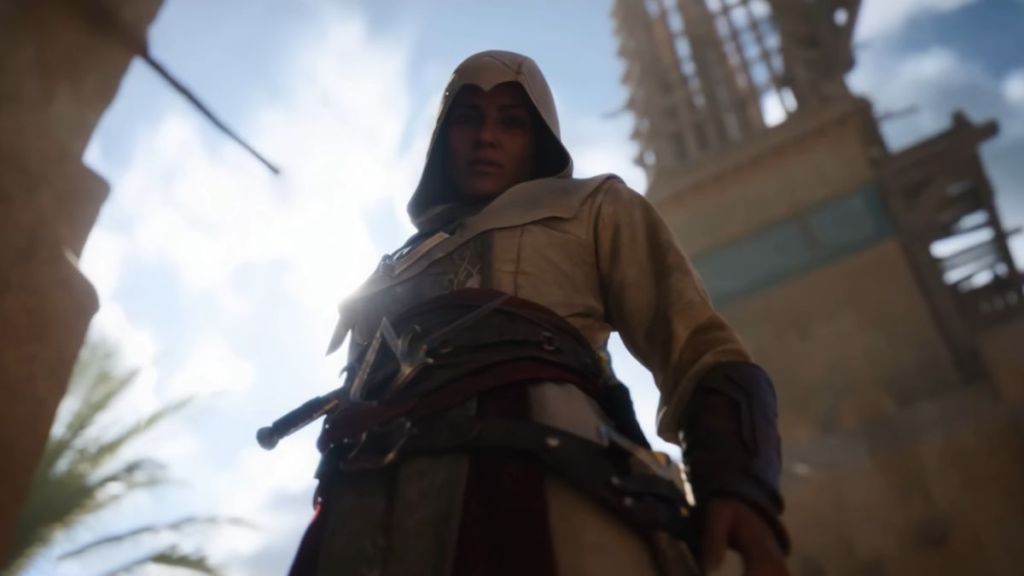
With the shift towards RPG elements and the emphasis on open-world design, a deep divide emerged within the Assassin’s Creed community. Newer players enjoyed the more expansive and RPG-focused gameplay. For some, it’s all they’ve ever known.
At the same time, long-standing fans of the series yearned for a return to the franchise’s core values – engaging stories, compelling characters, and historically rich settings.
Behind the scenes, Ubisoft’s leadership and corporate influences have played a role in the franchise’s tumultuous journey.
As we look to the future, there are rumors of Assassin’s Creed Mirage attempting to strike a balance between catering to the core fan base and appealing to new players once again. The success of this endeavor is somewhat dependent on Ubisoft’s ability to address the issues that have plagued the franchise – a shift away from its core identity, an overemphasis on game length, and a focus on chasing trends and profits.
However, Assassin’s Creed fanbase is, at its core, irreconcilable. This franchise has lived for too long and birthed an excessive number of games in too little time. Sure, you have long-running franchises like Wolfenstein and The Legend of Zelda, who have managed to stick around for over 40 years. However, while these franchises reinvent themselves patiently over decades, Assassin’s Creed churns out games too rapidly, leaving fans struggling to keep up with the breakneck pace of change.
Franchises should change and evolve. Sometimes, they stay true to their core values, keeping their loyal fanbase intact. Under the light of a rare blue moon, a fanbase can grow hand in hand with the franchise. We’ve seen this happen with Resident Evil across the years. But we’ve also seen companies like Square Enix cut their losses with Final Fantasy and just say it’s a new experience each time. Perhaps it’s time Ubisoft stopped trying to please everyone and decided where they stand. Ubisoft can’t make Assassin’s Creed “Great Again” for everyone, but they can decide who their player base should be.

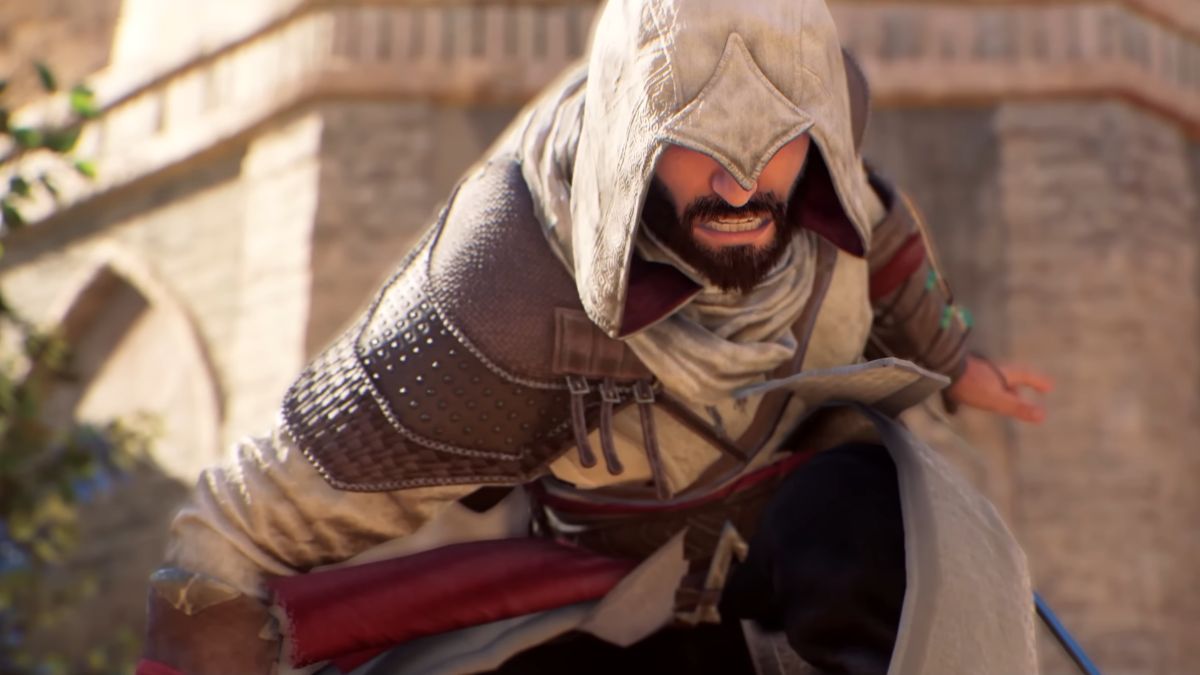
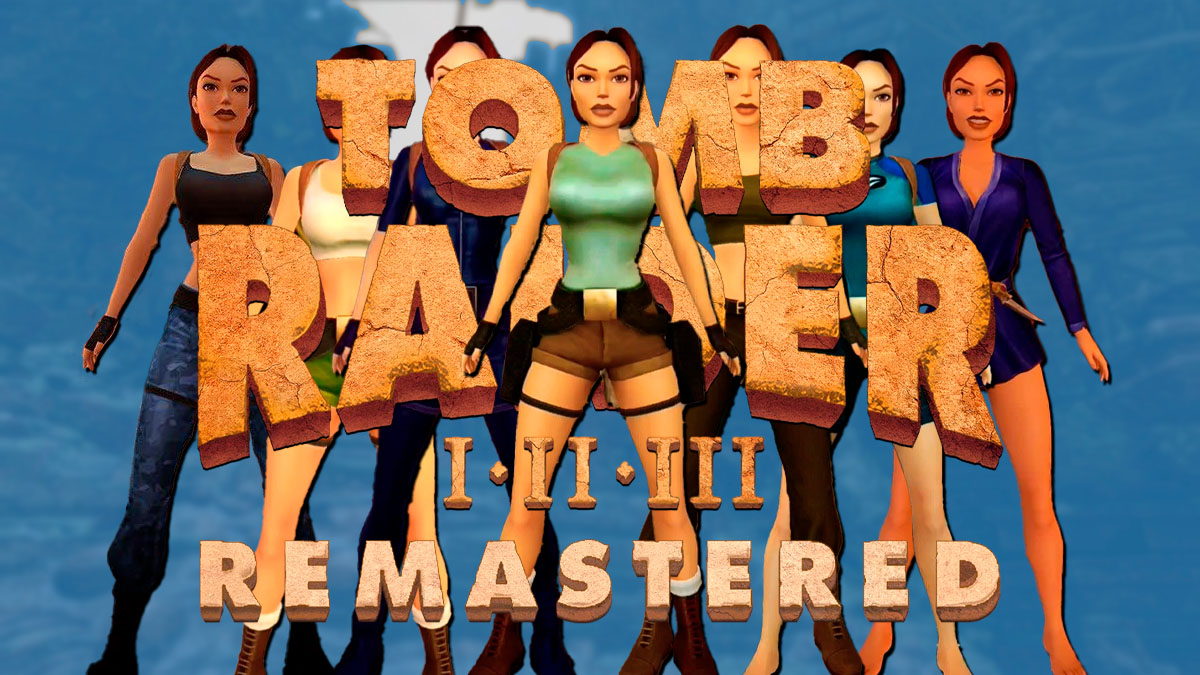
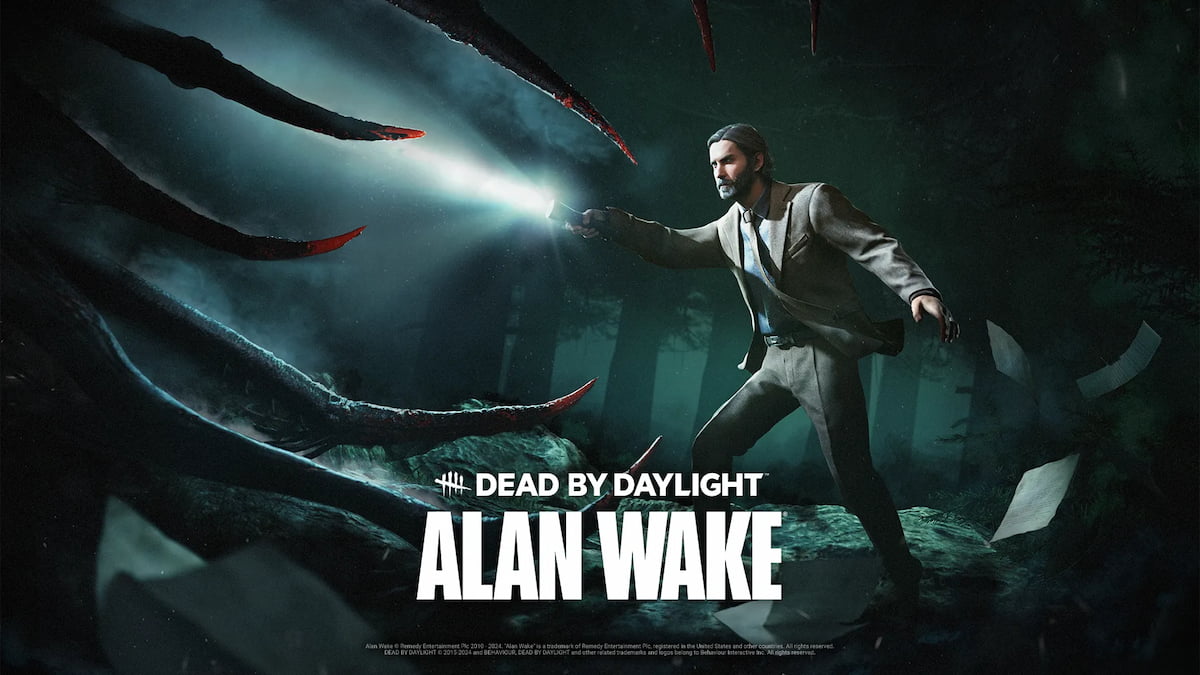
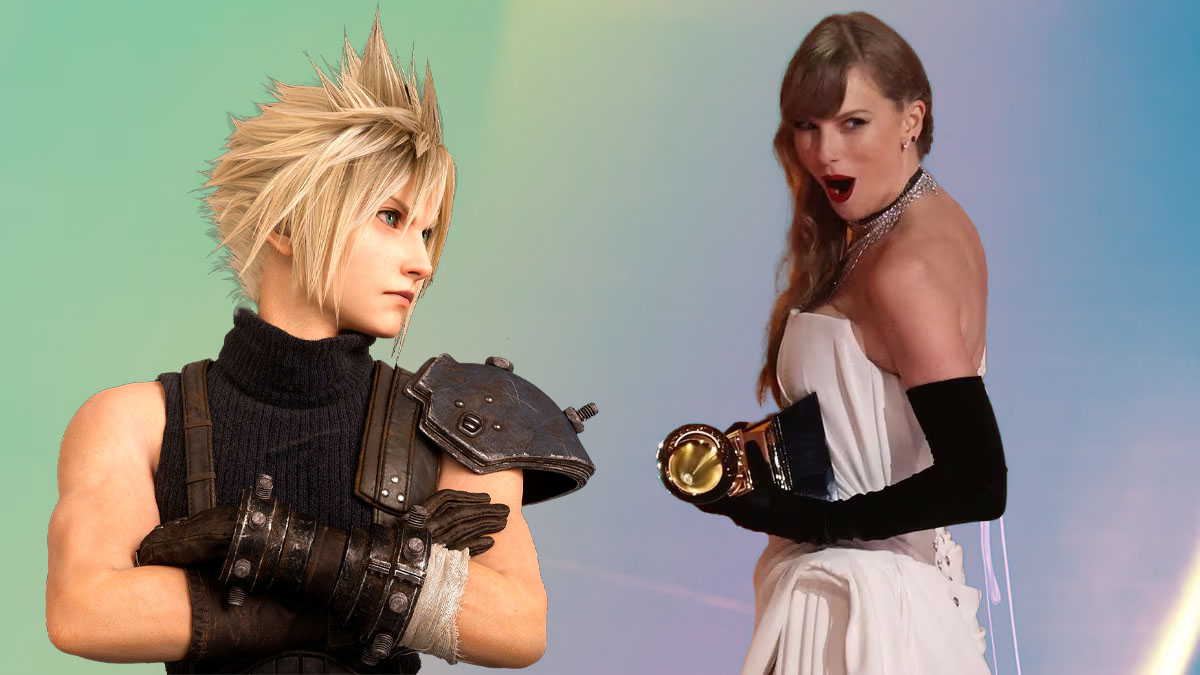

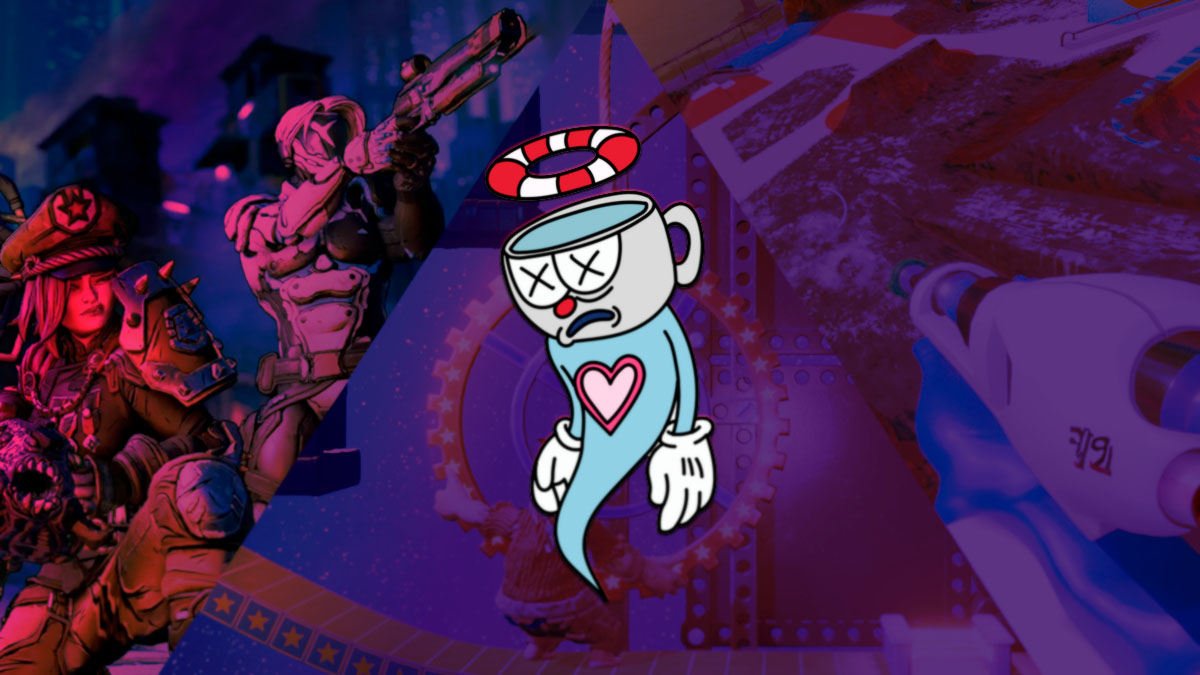
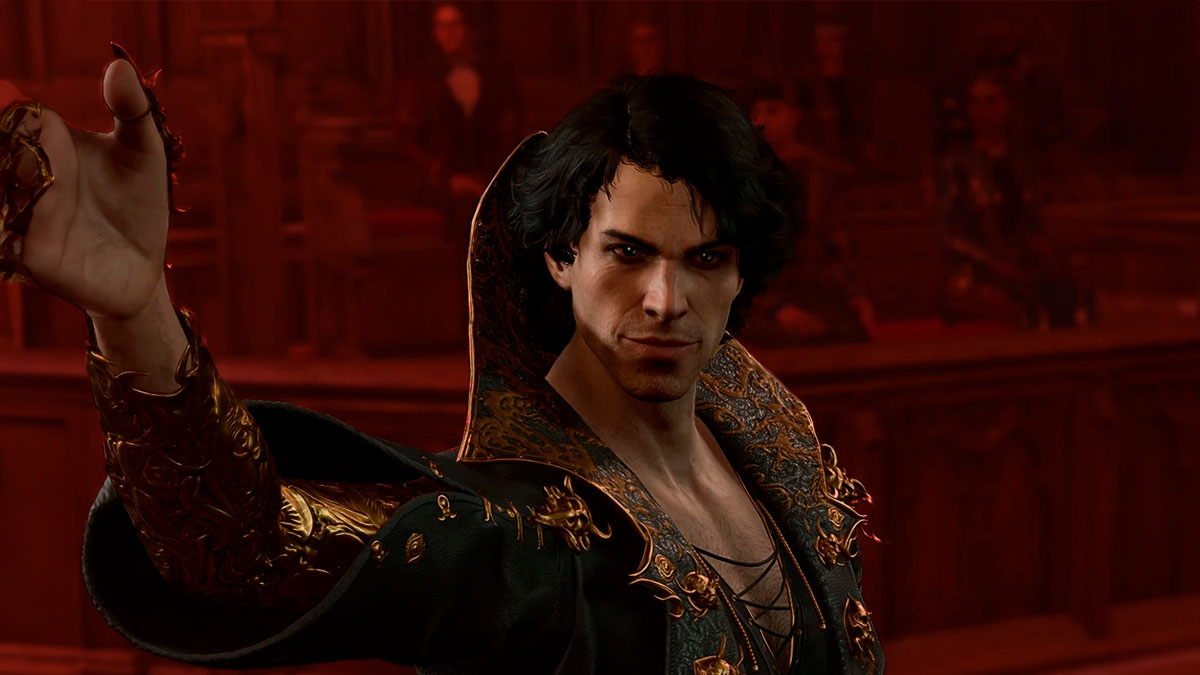

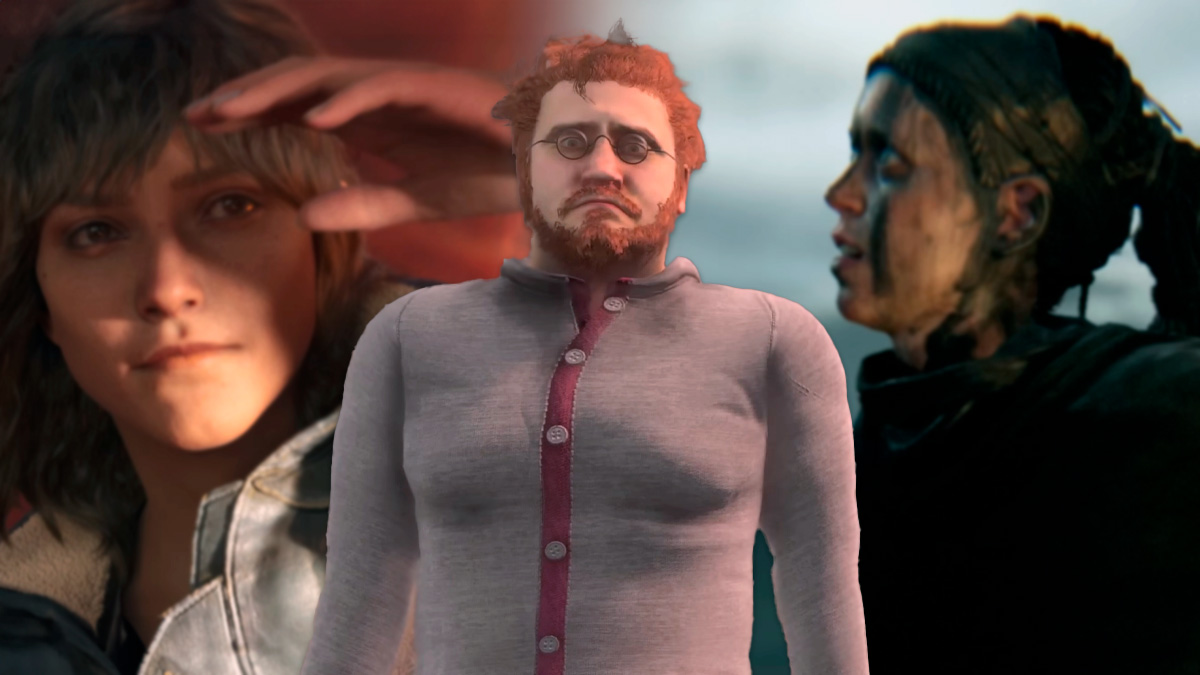
Published: Oct 3, 2023 04:44 pm